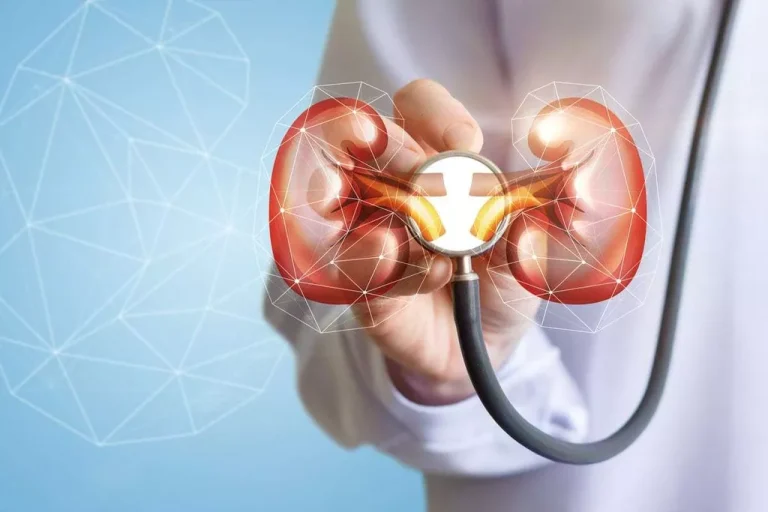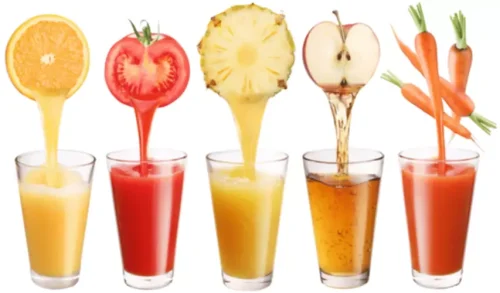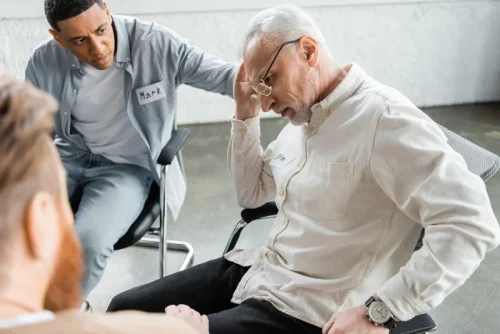
Recognizing addiction’s multifaceted nature is crucial, understanding physiological, psychological, and social components. Besides improving overall health, exercise improves mood and builds self-esteem, key areas in drug abuse recovery. Thirty minutes of daily physical activity, like brisk walking, successful drug addicts will bring overall health benefits. Exercising with a group will also enhance interpersonal relationships and help develop connections outside the world of addiction. Narcotics Anonymous (NA) is an international network of community-based meetings for those recovering from drug addiction.
Treatment programs
People experiencing SUDs have trouble controlling their drug use even though they know drugs are harmful. For certain drug types, some symptoms are less prominent, and in some cases, not all symptoms apply. For example, withdrawal symptoms are not specified for inhalant use. While a person is free to say anything they want during an intervention, it’s best to be prepared with a plan to keep things positive and on track. Blaming, accusing, causing guilt, threatening, or arguing isn’t helpful. An intervention is an organized effort to intervene in a person’s addiction by discussing how their drinking, drug use, or addiction-related behavior has affected everyone around them.
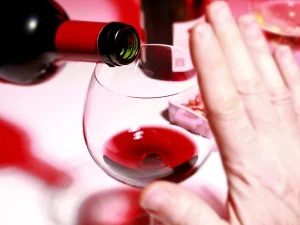
What happens to the brain when a person takes drugs?
- A properly functioning reward system motivates a person to repeat behaviors needed to thrive, such as eating and spending time with loved ones.
- It can also help teach people to feel empowered in their lives and reach their full potential.
- It’s important to have sober friends who will support your recovery.
- Motivational interviewing, aligned with the Stages of Change, acts as a skillful clinical style, motivating clients for behavioral changes that enhance well-being.
- Recovery signals a dramatic shift in the expectation for positive outcomes for individuals who experience mental and substance use conditions or the co-occurring of the two.
- Try these three simple approaches for using nature to combat the stress and anxiety of everyday life.
Due to the complex nature of any substance use disorder, other options for treatment should also include evaluation and treatment for co-occurring mental health issues such as depression and anxiety (known as dual diagnosis). Cognitive behavioral therapy has been shown effective in helping people overcome addiction. In one study, 60% of people with cocaine use dependence who underwent CBT along with prescription medication provided cocaine-free toxicology screens a year after their treatment. Drug addiction is dangerous because it becomes all-consuming and disrupts the normal functioning of your brain and body.
- In addition, there are nonprofit organizations such as American in Recovery and the National HIRE Network that specifically help those with addiction or criminal history to find work.
- I still have a sponsor and go to meetings 3-4 times a week, while also taking clients to meetings.
- Treatment that addresses the specific situation and any co-occurring medical, psychiatric, and social problems is optimal for leading to long-term recovery and preventing relapse.
How do the best treatment programs help patients recover from addiction?
Self-help support groups, such as Narcotics Anonymous, help people who are addicted to drugs. In an opioid overdose, a medicine called naloxone can be given by emergency responders, or in some states, by anyone who witnesses an overdose. The goal of detoxification, also called “detox” or withdrawal therapy, is to enable you to stop taking the addicting drug as quickly and safely as possible. For some people, it may be safe to undergo withdrawal therapy on an outpatient basis. Others may need admission to a hospital or a residential treatment center.
- Hogue’s HEAL-funded research aims to create tools for providers, youth, and their families to find lasting recovery by targeting three concrete principles.
- Although there’s no cure for drug addiction, treatment options can help you overcome an addiction and stay drug-free.
- Joining mutual aid groups, such as 12-step programs, offers a sense of community and connection.
How to Help a Person Recovering From an Addiction
SMART Recovery is a secular, science-based program that offers mutual support in communities worldwide as well as on the internet and has specific programming for families. All Recovery accommodates people with any kind of addiction and its meetings are led by trained peer-support facilitators. Women for Sobriety focuses on the needs of women with any type of substance use problem. They also value having role models of recovery and someone to call on when the recovering self is an unsteady newborn. Whatever the stress relief that comes from being in a group, many others are not comfortable with the religiosity, the steady focus on the dangers of relapse rather than on growth, or the subscription to powerlessness of AA and NA. Data show that the programs are helpful for some but not for everyone.
Drug addiction takes a toll on the body, along with the mind and soul. Exercise hasn’t been extensively studied for addiction recovery, but there may be some benefits when combined with other treatments. Also, exercise releases natural endorphins, feel-good chemicals that relax the brain and body and reduce stress. At the same time, the addicted person’s family will be going through its own recovery process. Re-establishing trust and mutual respect can take months or even years. Nothing can replace the healing properties of time spent together with loved ones.
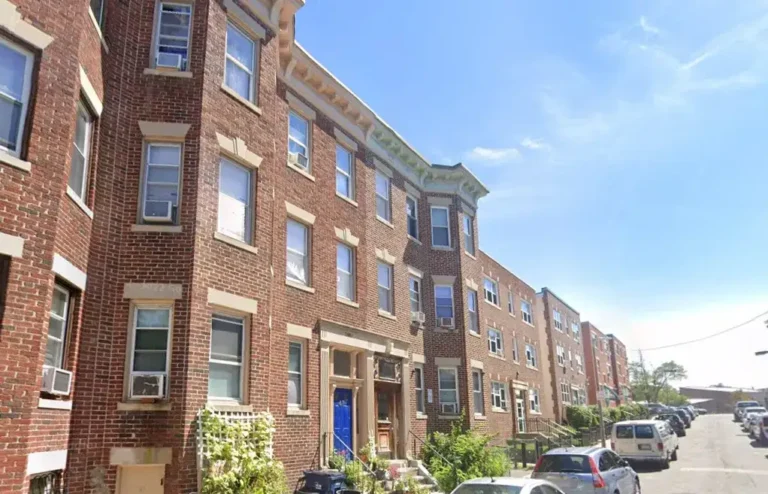

Another is reorienting the brain circuitry of desire—finding or rediscovering a passion or pursuit that gives meaning to life and furnishes personal goals that are capable of supplanting the desire for drugs. A third is establishing and maintaining a strong sense of connection to others; support helps people stay on track, and it helps retune the neural circuits of desire and goal-pursuit. Learning new coping skills for dealing with unpleasant feelings is another pillar of recovery. Recovery is a process of change through which people improve their health and wellness, live self-directed lives, and strive to reach their full potential. Even people with severe and chronic substance use disorders can, with help, overcome their illness and regain health and social function. Being in recovery is when those positive changes and values become part of a voluntarily adopted lifestyle.
It’s when feelings of loss significantly impact life and don’t improve over time. In these cases, recovery from grief can be just as difficult as recovery from SUD. The study’s mixed findings on telehealth for opioid use disorder (OUD) treatment suggest a need for more individualized approaches to care.
